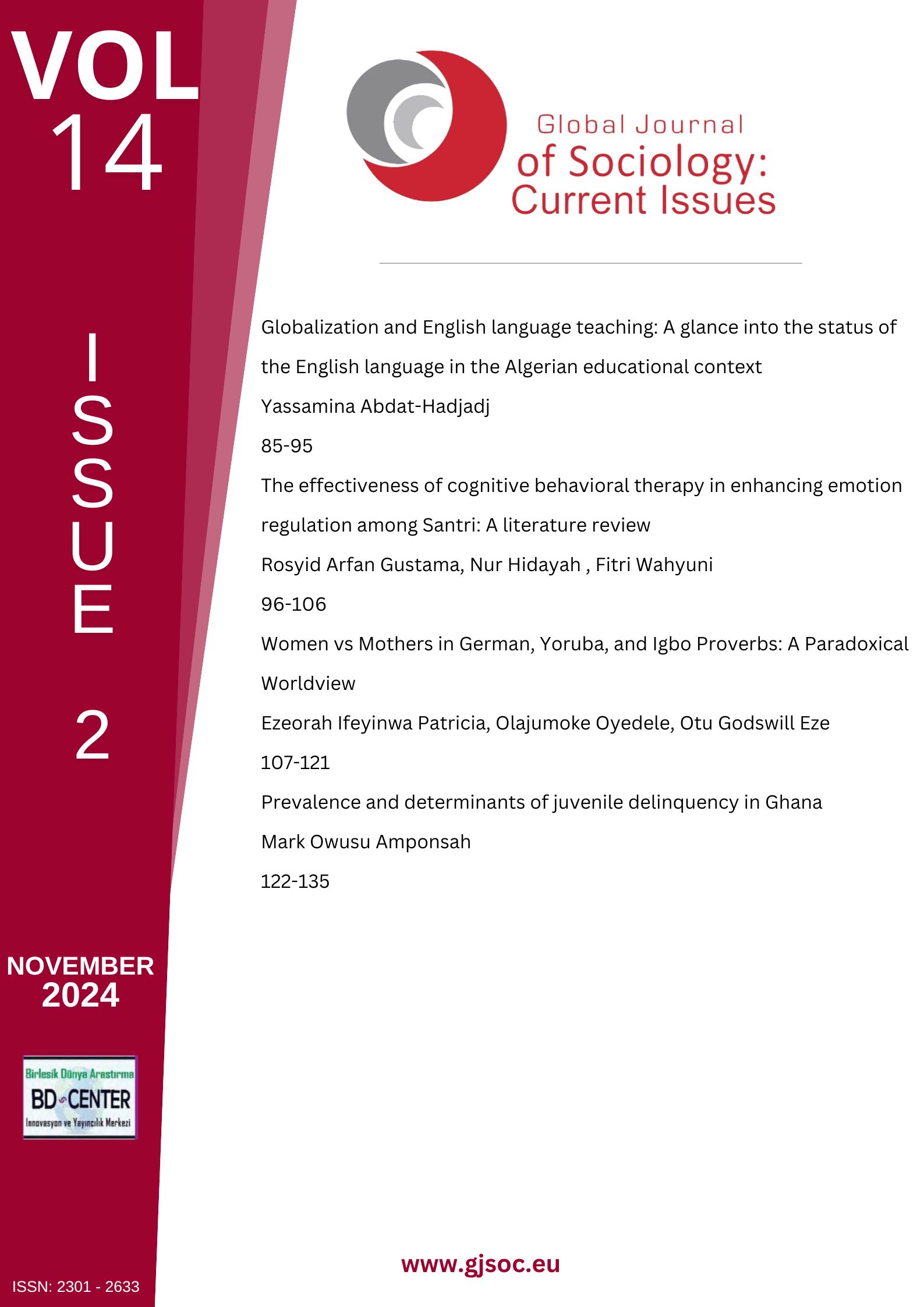Globalization and English language teaching: A glance into the status of the English language in the Algerian educational context
Main Article Content
Abstract
This theoretical article aims to provide an understanding of globalization's effect on language policy in Algeria. It explores the current status of English language adoption across different educational levels, with a particular focus on higher education within the framework of the Licence-Master-Doctorate system. The globalization process has undeniably led to the widespread use of English as the 21st century’s lingua franca, giving it a prominent role in various fields such as science, technology, trade, business, tourism, and education. This global interdependence and cultural integration have facilitated English linguistic dominance. In the Algerian context, this has significantly impacted the local language landscape and presents new challenges for language policy and decision-makers. Although English is not the primary medium of instruction in Algerian elementary and secondary education, it is increasingly seen as an essential tool in higher education to meet various utilitarian needs. The current study delves into globalization's effect on language policy in Algeria.
Keywords: Educational context; English language; foreign languages; linguistic attitude; local languages.
Downloads
Article Details
- Authors retain copyright and grant the journal right of first publication with the work simultaneously licensed under a Creative Commons Attribution License that allows others to share the work with an acknowledgement of the work's authorship and initial publication in this journal.
- Authors are able to enter into separate, additional contractual arrangements for the non-exclusive distribution of the journal's published version of the work (e.g., post it to an institutional repository or publish it in a book), with an acknowledgement of its initial publication in this journal.
- Authors are permitted and encouraged to post their work online (e.g., in institutional repositories or on their website) prior to and during the submission process, as it can lead to productive exchanges, as well as earlier and greater citation of published work (See The Effect of Open Access).
